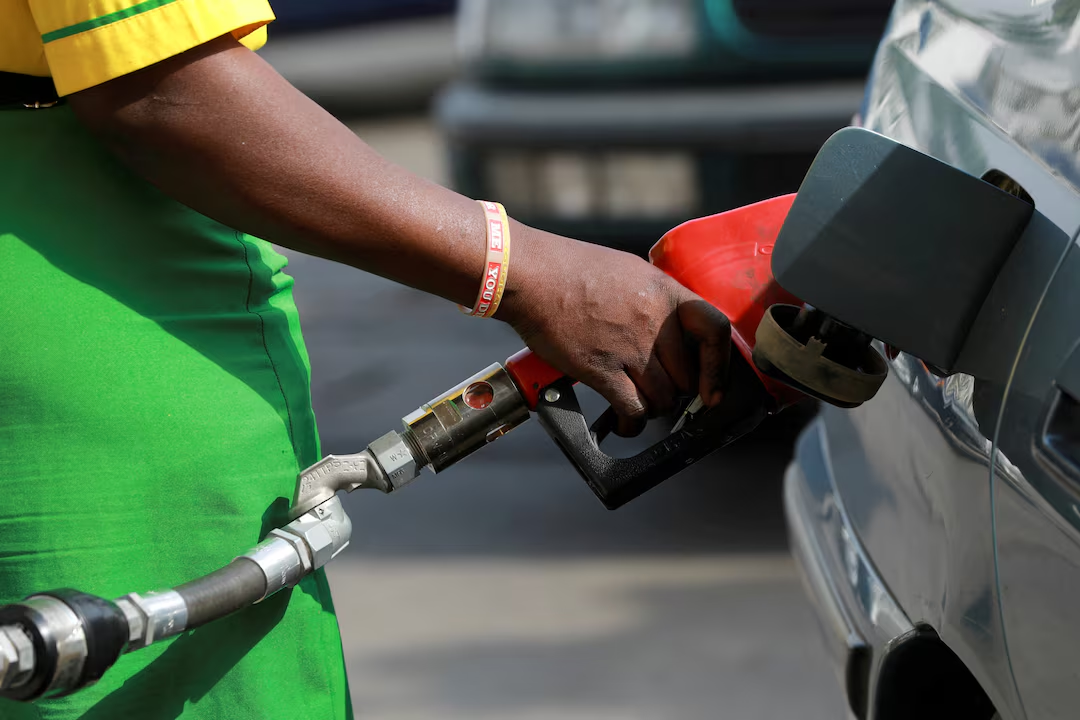The announcement of the price of petroleum from Dangote Refinery (DRL) by the Nigeria National Petroleum Company Limited (NNPCL) on Sunday 15 September and the subsequent spat over how much the NNPCL is paying DRL for the petrol continues to generate debates amongst Nigerians. Some Nigerians have expressed disappointment over the high prices due to the widespread but erroneous belief that domestic refining would lead to significantly lower petrol prices.
According to the pricing guide released by the NNPCL, petrol from Dangote Refinery is to be supplied to local marketers at N924 per litre, while the markets are to sell at N950.22 per litre in Lagos; N960.22 in Oyo; N980.22 in Rivers; N992.22 in Abuja; N999.22 in in Kaduna; N999.22 in Kano; N999.22 in Sokoto and N1,019 in Borno, based on the September pricing template.
NNPCL’s pricing list has raised concerns, with some Nigerians questioning if the profit margin the NNPLC is allowing marketers is commensurate with their investment in the business.
Is a N26 Per Litre Margin Good Enough for Oil Markets?
Teju Olaoye, an oil industry executive in a Facebook post described the N26 per litre profit margin as “too thin”.
Marketers will profit by N26 per litres if they purchase gasoline at N924 per litre and sell it at N950 per litre. A truck of petrol contains 33,000 litres, so the capital required to buy a truck of petrol is N30 million. NNPCL’s N26 per litre margin allows only a profit of N858,000 to be made on an investment of N30 million. Many commentators wonder if this thin margin would not lead marketers to “manipulate” petrol dispensing pumps in order to make more profits by cheating motorists buying petrol.
The N858,000 profit may appear appealing at first glance, but closer scrutiny reveals that operating expenses associated with operating a fuel station could quickly erode this margin.
While N858,000 may represent the gross margin, it is far from the net profit.
Marketers have multiple expenses, including the cost of transporting the fuel, staff salaries, diesel for generators to run the pumps, maintenance of tankers and pumps, taxes, and other overheads. With these expenses, the actual profit margin is likely to be less, with some estimates putting it below N500,000 per truckload.
For many marketers, this margin is seen as insufficient given the high level of investment required to run a fuel distribution business.
However, not everyone agrees with that the NNPCL pricing does not allow oil markets healthy profit margins.

Petrol Volume and Sales Cycles: Thriving on Thin Margins
Others argue that the petrol distribution business while having thin margins, thrives on volume and frequency of sales i.e. how often a marketer loads and sells trucks.
The business model relies on selling large quantities of fuel consistently over time, with the cumulative profit from multiple sales cycles eventually leading to substantial profits.
For example, a filling station that moves a 33,000-litre truck every five days could generate around N3-5 million in gross profit over a month. Increasing “turn around time”, they argue, is how many successful marketers make the business work.
They explained that profit margins, though thin on each truckload, accumulate through consistent sales cycles. According to this view, N800,000 per truckload should be seen as good returns, provided the station can maintain steady sales and keep operational costs under control.
The “thin margin” nature of the downstream sector is said to apply to even the $20 billion Dangote Refinery. If the downstream sector is competitive in Nigeria, Dangote Refinery may not make up to $500 million in profit within the first year of operation. The thin margin of the business is evident in how Dangote Refinery has been able to quickly displace long established European refineries’ diesel exports in West Africa.
The animated discussion on pricing Dangote Refinery petrol, whether concerning the unfair price to consumers or the poor incentives NNPCL’s pricing template offer to oil marketers is generated by the perception that the NNPCL or some hidden cabals in the state-owned oil company are pulling the strings behind the scenes.
Nigerians have for a long time believed that their nation’s oil sector is run in a very non-transparent manner for the benefit of insiders. The confusion about whether the downstream sector is now deregulated and driven by market prices, as the NNPCL declares at every opportunity or whether the sector is still governed by NNPCL/government’s price fixing and subsidy, which is the reality, will not serve to dispel deep rooted perception about manipulation and corruption.

